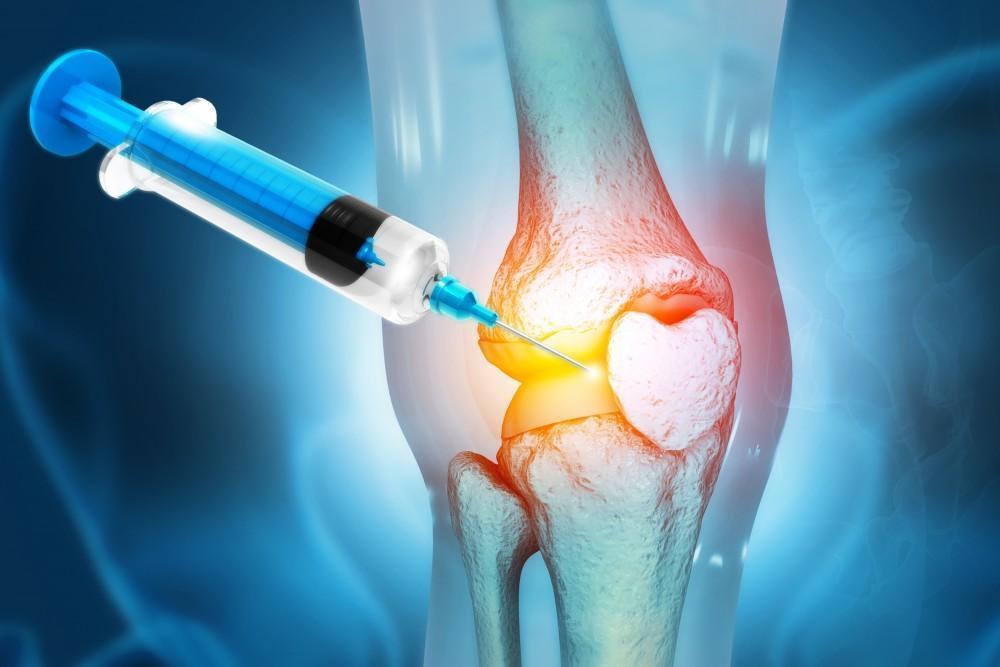Platelet-Rich Plasma therapy is an innovative treatment that uses your own blood to promote healing. If you’re considering PRP injections, you might be wondering: Does Medicare cover PRP injections?
PRP can be beneficial for various conditions, offering potential relief and improved recovery. Understanding Medicare’s coverage policies is crucial in making an informed decision about your treatment options.
Let’s take a closer look at PRP, who should get these injections, and the benefits supported by research, alongside does medicare cover PRP injections?
What is PRP?
PRP is a treatment that uses components of your own blood to accelerate healing. During the procedure, a small amount of your blood is drawn and then processed to concentrate the platelets. These platelets are rich in growth factors that help repair damaged tissues and reduce inflammation. PRP injections are commonly used to treat conditions like arthritis, tendon injuries, and sports-related injuries. The therapy is minimally invasive and leverages your body’s natural healing abilities to promote recovery and improve function.
Who Should Get PRP Injections?
PRP injections are ideal for individuals seeking a natural and effective treatment for various musculoskeletal conditions. You might consider PRP therapy if you suffer from chronic pain or injuries that have not responded well to traditional treatments.
Common candidates for PRP injections include:
- Athletes and Active Individuals: If you have sports-related injuries, such as tendonitis or ligament sprains, PRP can help accelerate healing and reduce downtime.
- Arthritis Patients: Those with osteoarthritis in joints like the knees, hips, or shoulders can benefit from PRP’s ability to reduce inflammation and promote tissue repair.
- Post-Surgical Patients: PRP can aid in the recovery process after surgeries, enhancing healing and reducing pain.
- Chronic Pain Sufferers: If you experience ongoing pain from conditions like tendinitis or plantar fasciitis, PRP might provide the relief you need.
By utilizing your body’s own healing mechanisms, PRP injections offer a promising alternative to more invasive treatments and medications. Consult with a specialist to determine if PRP therapy is right for your specific condition.
Does Medicare Cover PRP Injections?
Medicare coverage for PRP injections can be a bit complex. Currently, Medicare does not routinely cover PRP therapy for all conditions. However, there are specific instances where coverage might be possible, particularly if the treatment is part of a clinical trial or if it meets certain criteria set by Medicare.
Typically, Medicare considers PRP injections to be experimental for most conditions, and thus, they are not covered under standard Medicare plans. It’s important to check with your Medicare plan and consult with your healthcare provider to understand the potential costs and to see if any exceptions apply to your situation.
Medicare coverage for PRP injections is specific and limited. Medicare only covers PRP therapy for patients with chronic non-healing diabetic, pressure, and venous wounds, under certain conditions.
Here are the key points for you to understand:
- Eligible Conditions: Coverage is available if you have chronic non-healing diabetic, pressure, or venous wounds.
- Clinical Research Requirement: You must be enrolled in a clinical research study that addresses specific questions using validated methods.
- Study Approval: The clinical study you are part of must have been approved by CMS (Centers for Medicare & Medicaid Services) and meet certain conditions.
Medicare’s decision memo on August 2, 2012, outlines the conditions under which PRP therapy is covered as part of a Coverage with Evidence Development (CED) program. This program ensures that PRP treatments are rigorously evaluated for their effectiveness in treating specific chronic wounds.
For a detailed understanding of your coverage options and to explore whether PRP therapy is right for you, it’s recommended to speak with a Medicare representative or a knowledgeable healthcare provider.

The Benefits of PRP According to Research
According to a 2010 study published in Sports Health, there are several benefits to PRP therapy. Research shows that Platelet-Rich Plasma (PRP) therapy can significantly aid in healing and recovery for various conditions.
Here are the key benefits:
- Accelerated Healing: PRP releases growth factors that help repair tissues, making it effective for tendon, ligament, muscle, and cartilage injuries.
- Reduced Inflammation: PRP injections can decrease inflammation, improving conditions like osteoarthritis and tendinopathy.
- Enhanced Recovery: Athletes and active individuals often recover faster from injuries like muscle strains and ligament tears with PRP.
- Minimally Invasive: PRP uses your own blood, reducing risks and promoting natural healing
Overall, PRP is a promising treatment that leverages your body’s healing abilities to improve recovery outcomes.
Contact RegeneVive Health and Wellness Today to Learn More
Choosing RegeneVive Health and Wellness for your PRP therapy means opting for expert care and advanced treatment options. Our team is dedicated to staying at the forefront of medical research, ensuring that you receive the most effective and up-to-date therapies available.
We provide personalized treatment plans tailored to your specific needs, leveraging our extensive experience and state-of-the-art technology. At RegeneVive Health and Wellness, you can trust that you are in capable hands, committed to helping you achieve the best possible outcomes for your health and well-being.
Contact us today for a free consultation by completing this form or calling us at 844 446 7827 to learn more about our regenerative therapies and how they can help you finally alleviate your pain.
About RegeneVive Health and Wellness:
RegeneVive Health and Wellness is dedicated to developing the most advanced stem cell-based technologies and providing the best regenerative medicine for people who want to enjoy a healthy and active lifestyle.
